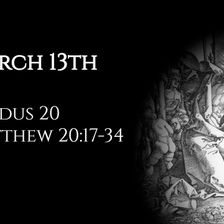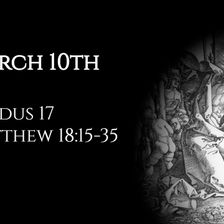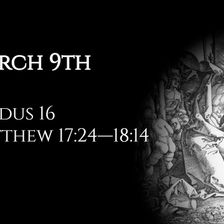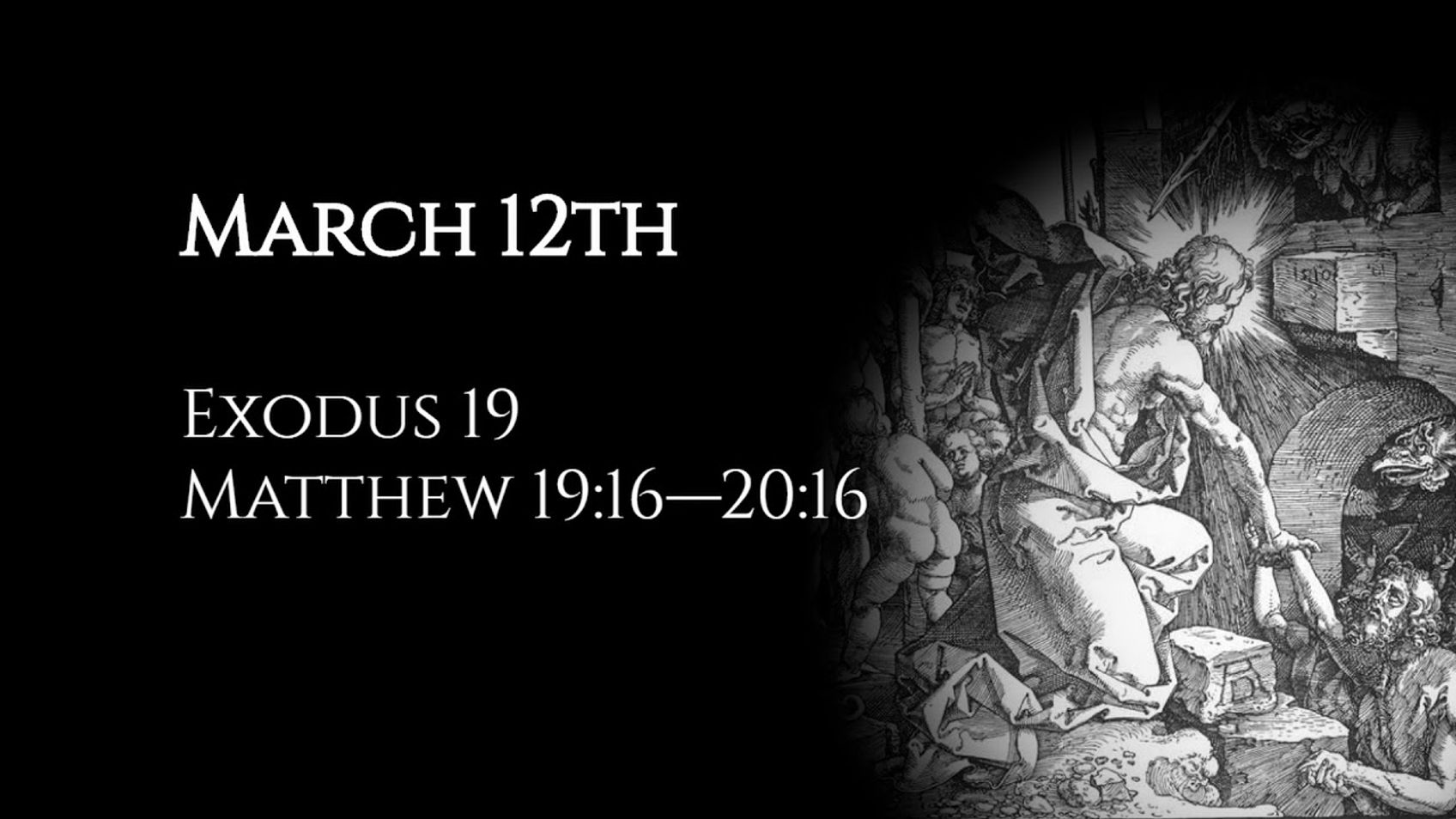March 12th: Exodus 19 & Matthew 19:16—20:16

Preparing for the establishment of the covenant at Sinai. The Rich Young Ruler and the Parable of the Workers on the Vineyard.
Some passages referenced:
Deuteronomy 4:32-34 (Israel’s uniqueness as a nation); Exodus 3:1-6 (Moses’ earlier visit to the mountain of the Lord); Leviticus 23:15-22 (the Feast of Pentecost).
Reflections upon the readings from the ACNA Book of Common Prayer (http://bcp2019.anglicanchurch.net/).
If you have enjoyed my output, please tell your friends. If you are interested in supporting my videos and podcasts and my research more generally, please consider supporting my work on Patreon (https://www.patreon.com/zugzwanged), using my PayPal account (https://bit.ly/2RLaUcB), or by buying books for my research on Amazon (https://www.amazon.co.uk/hz/wishlist/ls/36WVSWCK4X33O?ref_=wl_share).
The audio of all of my videos is available on my Soundcloud account: https://soundcloud.com/alastairadversaria. You can also listen to the audio of these episodes on iTunes: https://itunes.apple.com/gb/podcast/alastairs-adversaria/id1416351035?mt=2.
More From Alastair Roberts






More on OpenTheo















